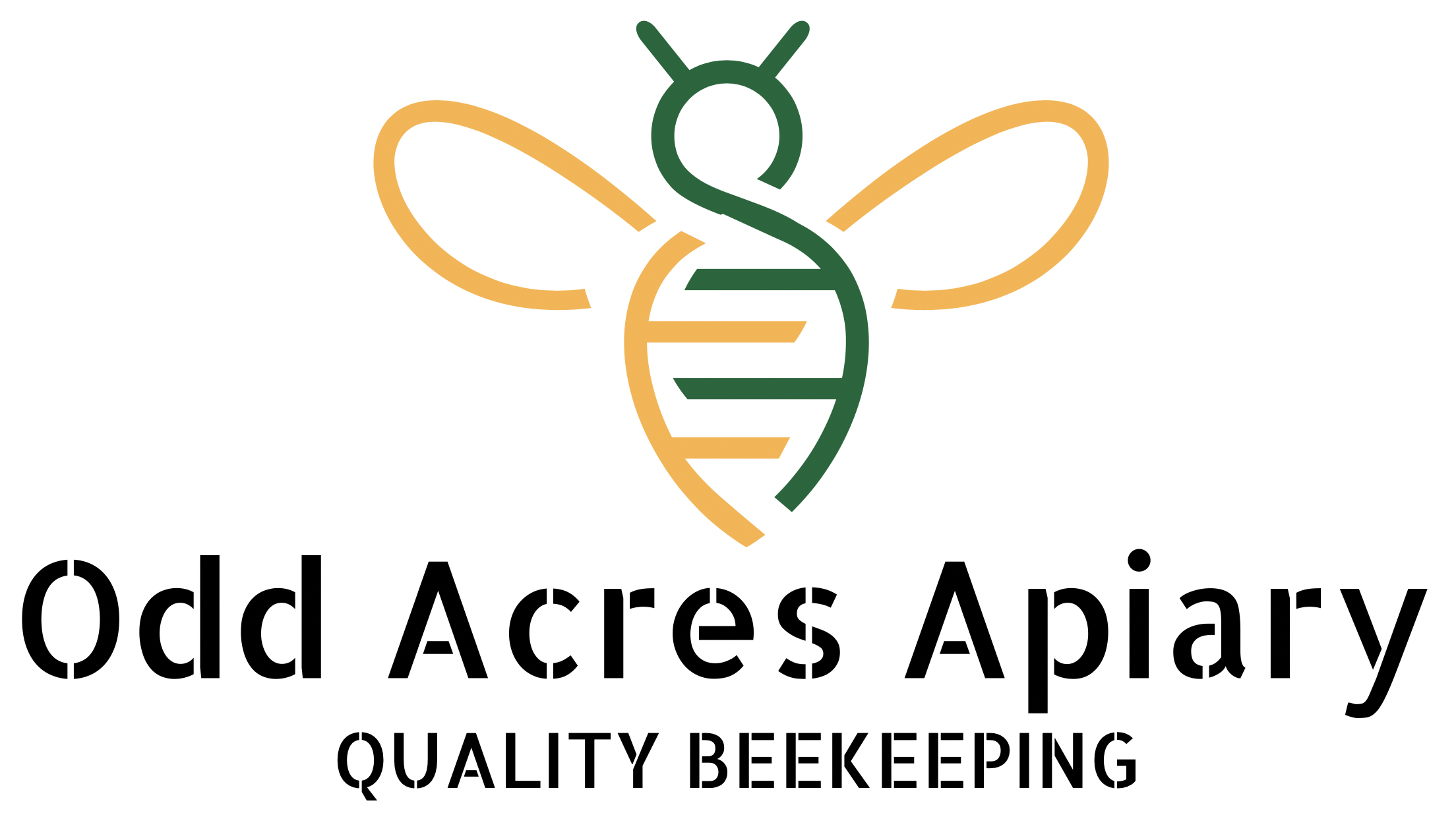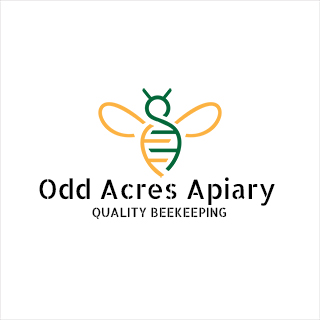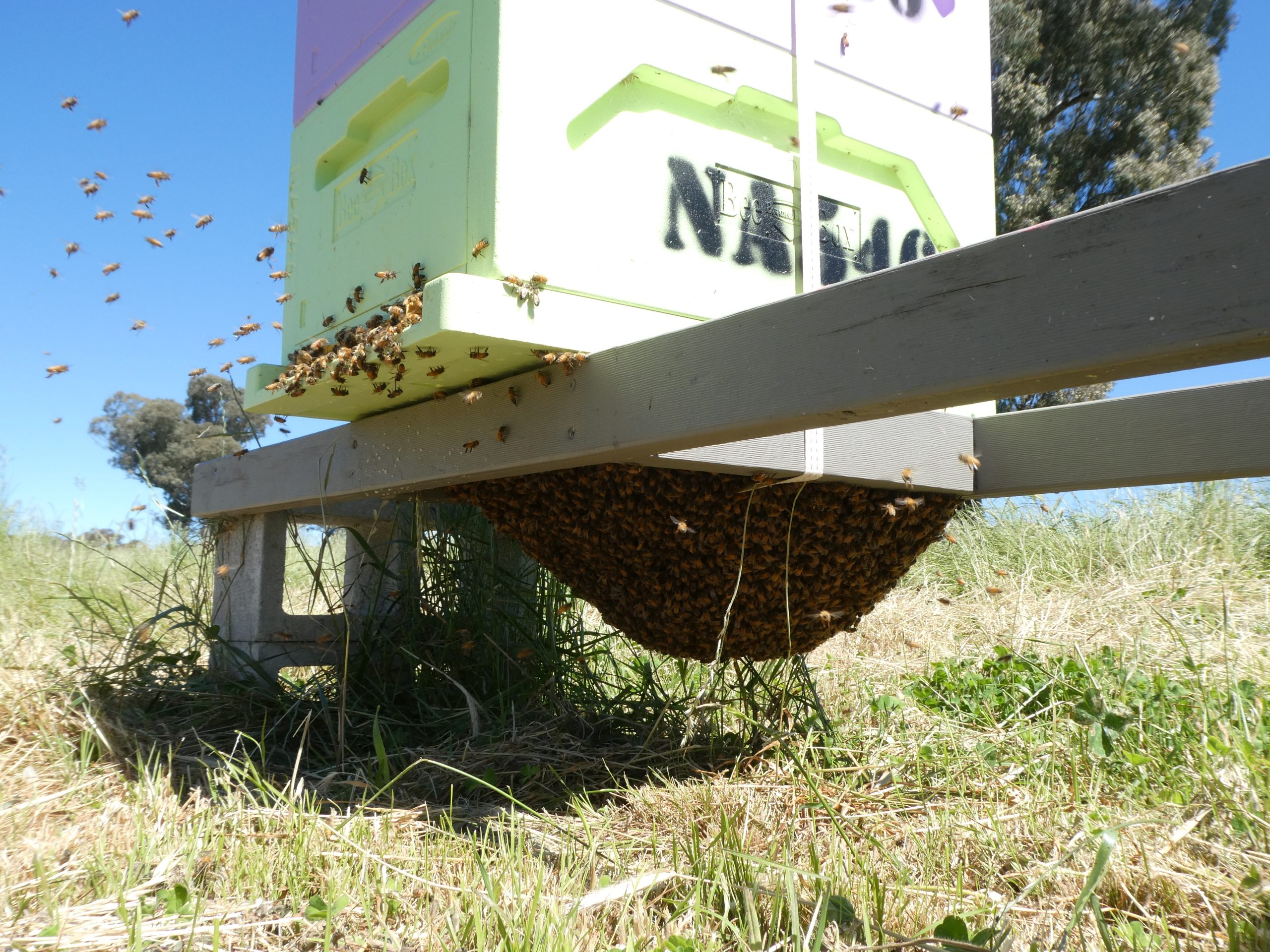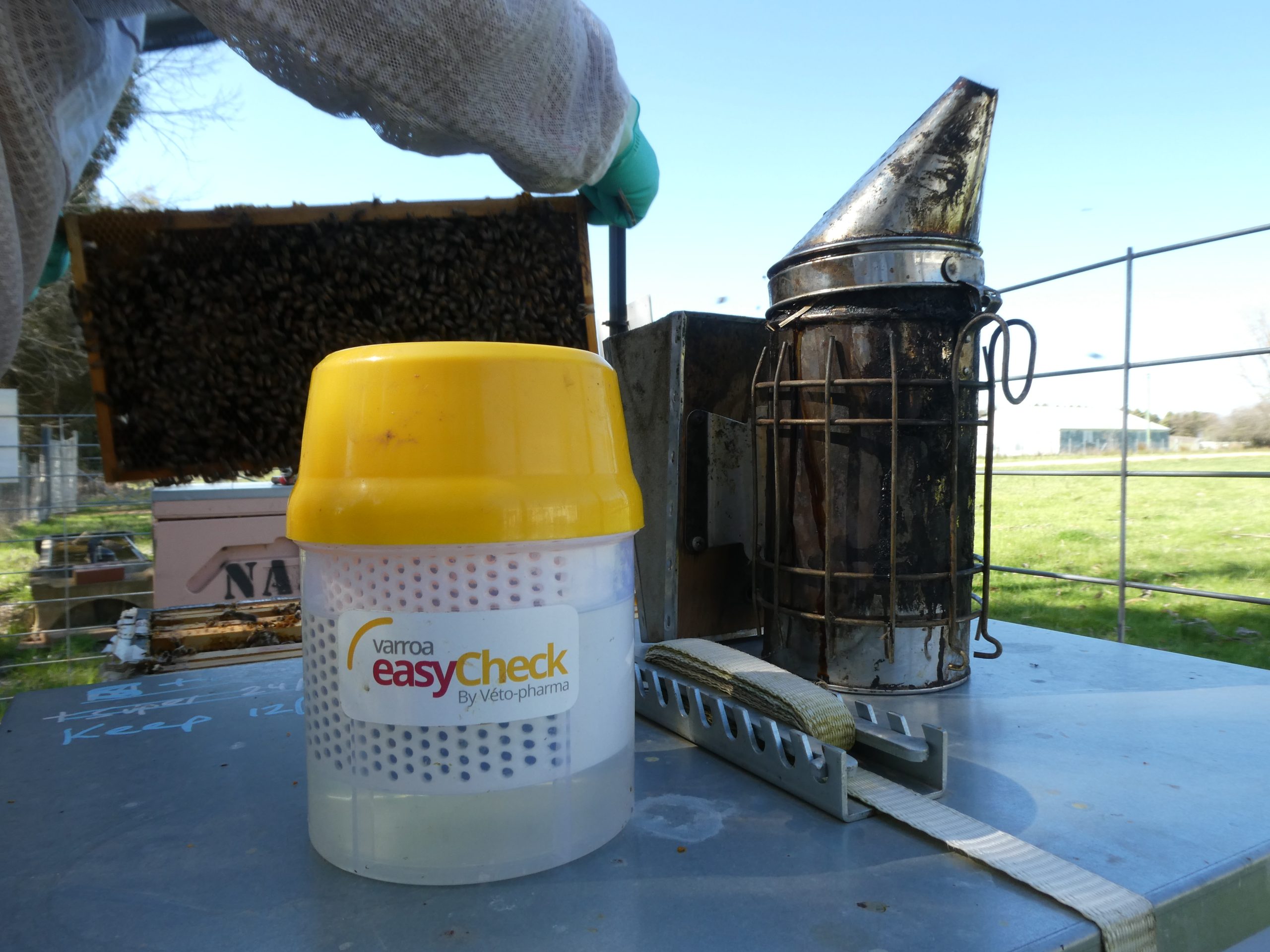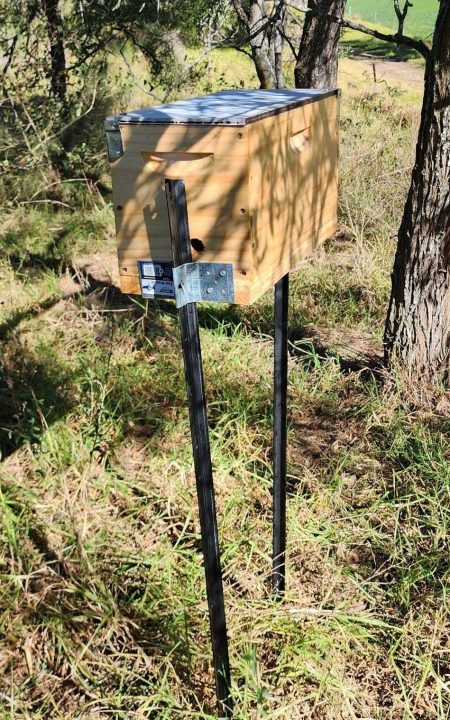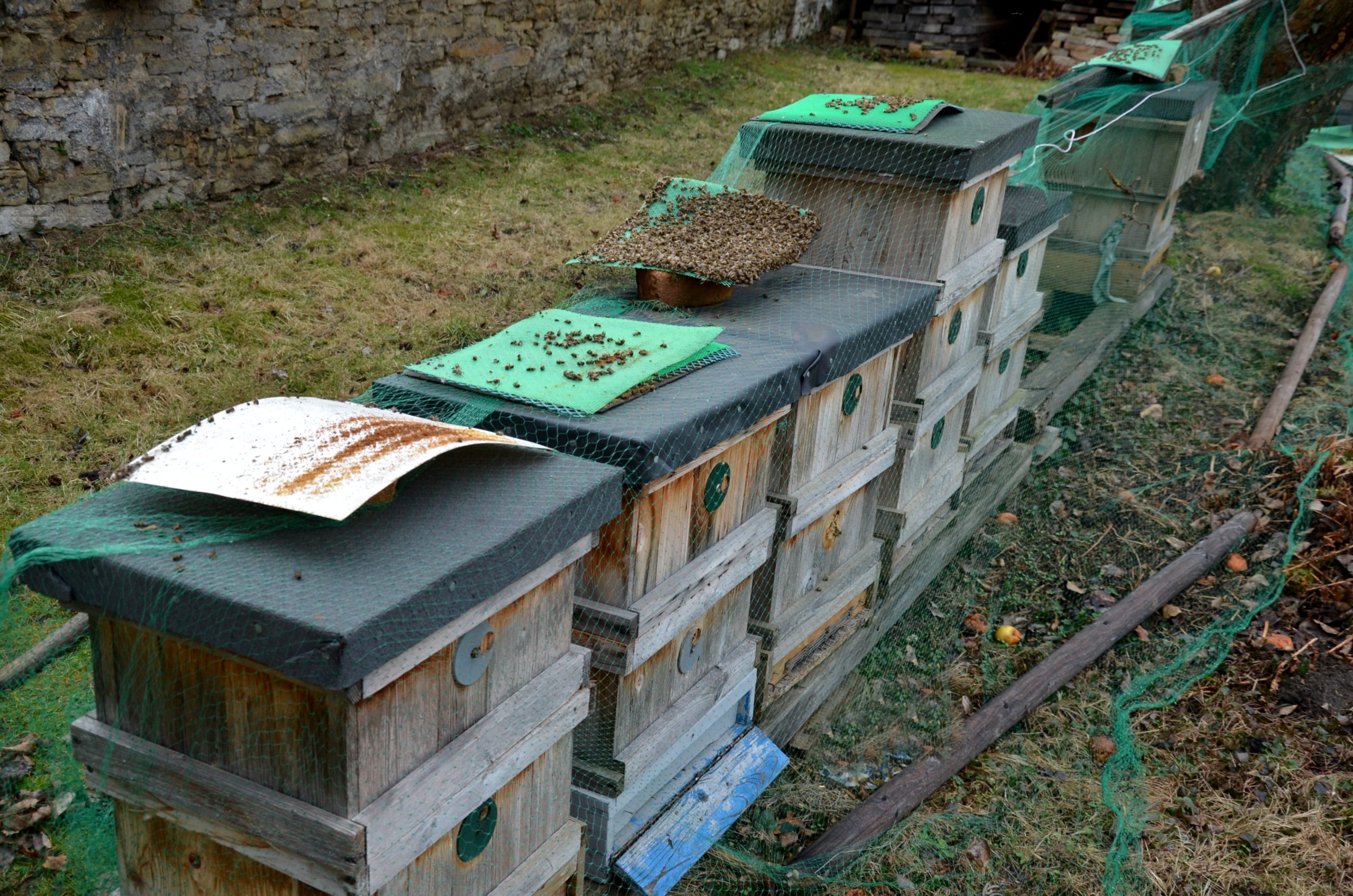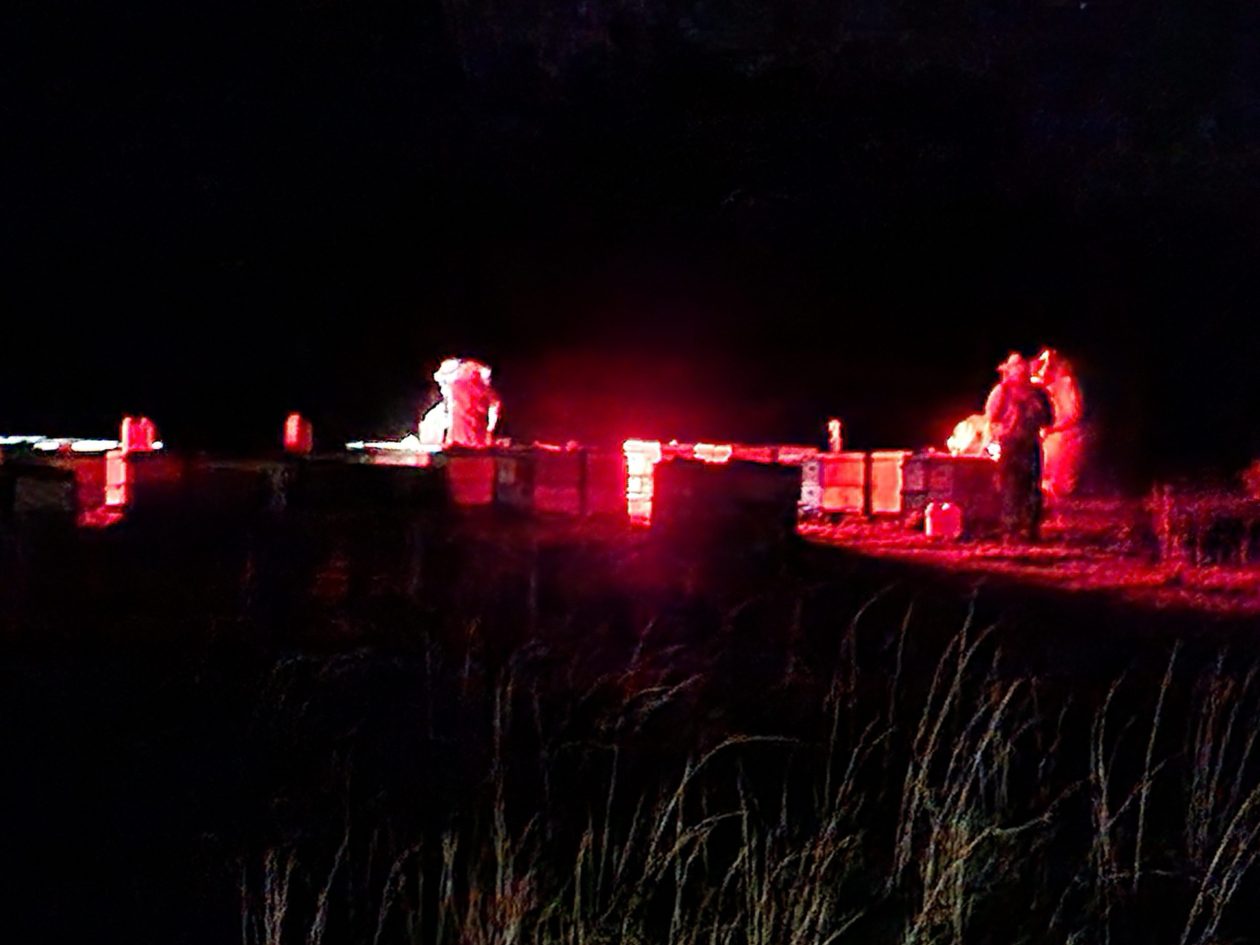The Swarm Queen, Part 2 – The Rise of the Drone King
In our previous blog, The Swarm Queen – Part 1, we discussed how we would catch swarms to study the behaviours and traits of wild bees in and around our apiaries. As queen bee breeders, we are interested in understanding the characteristics of the wild bees – whether they have predominan
Varroa Checks in our Apiaries
So, as we potter through our apiaries doing our hive inspections and varroa checks, in comes the news……….eradication is over. Beekeepers need to prepare to live with the mite !!! I thought – finally, some common sense. Then, in the same breath came the realisation that from n
Announcing ABON
In mid-July, I was back in Newcastle’s Varroa exclusion zones supervising the installation of bait hives for the Australian Bee Observation Network (ABON) administered by the Australian National University (ANU). The potential establishment of Varroa in Australia raises the urgency of understa
Unhealthy Brood Odour
This is a recording of a webinar by Dr Kaira Wagoner (University of North Carolina at Greensboro) who has pioneered an approach to breed for Varroa resistance without an active mite population.
Varroa – Adversity versus Opportunity
Having kept bees for six or seven years during the “millennium” drought and then Covid-19 has taught me a thing or two about starting a small business – most importantly – “that which does not kill me makes me stronger”.
Annus horribilis
Varroa mite has been detected on Australian shores. This is the news no recreational or commercial beekeeper wants to hear. This month, I spent a week in the Newcastle area participating in the NSW Varroa Response as a volunteer beekeeper. This article is an opinion piece accompanied by a collection
